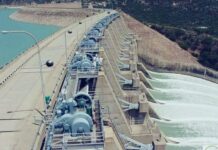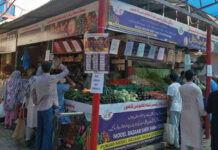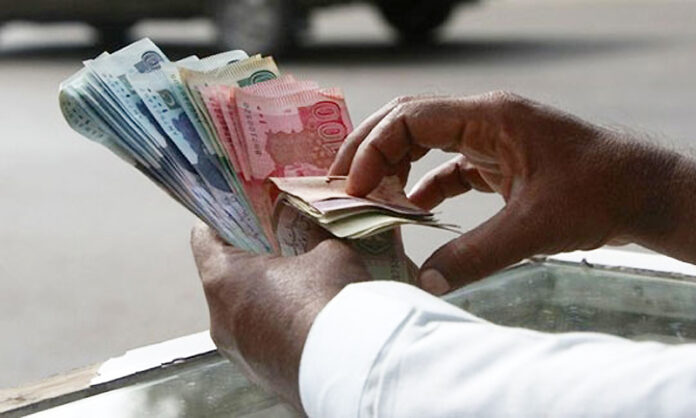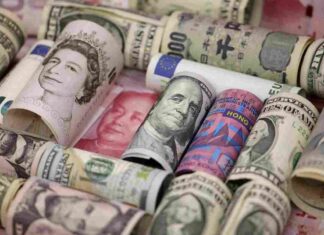PESHAWAR: The Khyber Pakhtunkhwa (KP) government has allocated more than Rs13 billion for agriculture, livestock and fisheries in the province for the upcoming fiscal year (FY22) to help boost production in the province.
In this regard, Provincial Minister for Agriculture Mohibullah Khan said that the PTI government has included such projects in the development programme of the next financial year which could generate more employment opportunities and increase the provincial revenue.
Mohibullah added that the KP government will implement 12 projects worth Rs 800 million under the PM emergency programme, as well as promote olive cultivation in the tribal districts, and eradicate poverty through rural poultry farms. “This is why the establishment of trout fish villages in Malakand and Hazara divisions have also been included in the development program for the next financial year,” the minister said.
Mohibullah said that it will not only increase the production of trout fish in the province but will also supply trout to other parts of the country and thousands of people will be employed locally.
He said that the provincial government has undertaken important projects in FY22, such as water conservation in rain-fed areas, increase in wheat production and establishment of dairy farms and seed industry.
Meanwhile, in another tax relief package, the provincial government has also proposed to reduce and rationalise sales tax on 31 different services.
According to a press release issued by Khyber Pakhtunkhwa Revenue Authority (KPRA), sales tax on 10 different services have been brought down to only 1 per cent for FY22.
In this regard, KP Chief Minister Mahmood Khan and KP Minister Finance Taimur Khan Jhagra issued special directives for reducing tax rates certain sectors associated with services. The proposed changes will be legislated by the provincial assembly in the ongoing budget session.
“On the directives of the Chief Minister Mahmood Khan, we are taking special measures to compensate the business community affected by the pandemic. The tax relief for the second consecutive year is one of the measures the provincial government is taking to mitigate the impacts of the pandemic on the businesses particularly related to the services sector,” said the Finance Minister Taimur Khan Jhagra.
According to details, the sectors inserted in the 1pc tax slab includes print media advertisements, property dealers, agriculture cold storage and warehouse, industrial workshops, car wash services, cinematographic services, quality assurance and inspection services, auctioneers, installation and commissioning services and under writer services.
To promote tourism in the province, the government has specially reduced sales tax on Hotels and Restaurants located in Naran and Kaghan areas of the province from 8pc to only 5pc.
Similarly, services relating to Mines and Minerals including government, royalties, licenses that were earlier taxed at 15pc rate have been decreased to only 2pc. Agriculture-related services that were covered under different tax slabs have been brought down to single slab of 2pc. Sales tax on services provided by clubs and sales tax on local standalone and local chains of hotels have been reduced from 15pc to 8pc.
Tax rates on few services that (FY21) been rationalised and brought back to standard rates on the request of the taxpayers from the corporate sector because their backward and forward business linkage are fully documented and they need normal input tax adjustments not at their end but also for their customers from business circles.
The government wants to encourage investment to the province and increase tax compliance and tax base,” said KPRA DG Fayyaz Ali Shah said.























